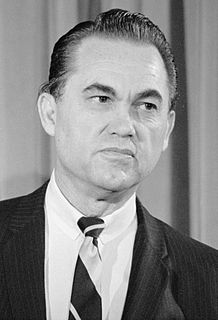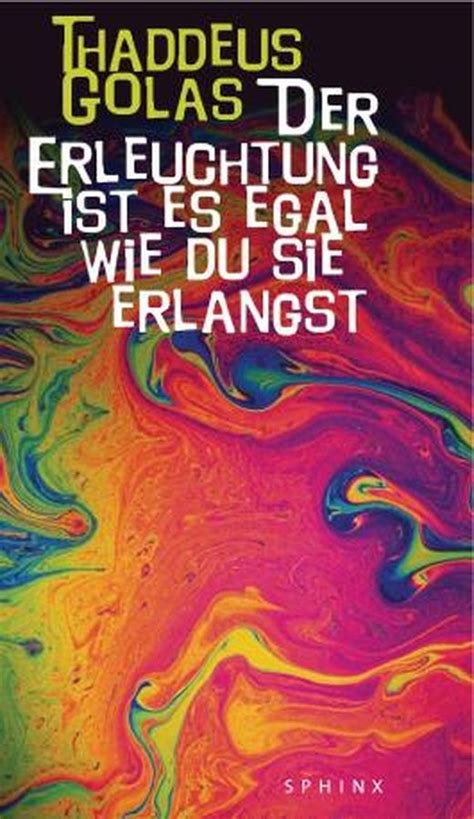A Quote by Michael S. Heiser
How much of what the biblical writers believed about the supernatural world do I believe? They weren't us. We are products of the Enlightenment; they were not. So let's stop denying that reality. Rather than sitting in judgment on them from our Enlightenment perches, we ought to have them sit in judgment on us when it comes to informing us about the supernatural world. After all, what they wrote was ultimately overseen by God.
Related Quotes
The truth is that we don't know much about the spiritual world except for what Scripture tells us, so it's unwise to think we can speak with clarity about what a divine being can or cannot do. The tools of analyzing the natural world are of no use for analyzing the supernatural world. For the latter we need rules of logic, and the supernatural beliefs of the biblical writers are quite defensible in that arena.
Why are you uncomfortable with the supernaturalist worldview of the biblical writers? Evangelicals don't want to just say, "Well, the inspired writers were wrong about some of their beliefs about the spiritual world and its inhabitants." That really doesn't work in a confessional situation! So instead we come up with excuses and interpretations that allow us to remake the biblical writers in our own post-Enlightenment image. I understand that impulse, but it's not honest.
All of us have many habits of whose import we are quite unaware, since they were formed without our knowing what we were about. Consequently they possess us, rather than we them. They move us; they control us. Unless we become aware of what they accomplish, and pass judgment upon the worth of the result, we do not control them.
When biblical material touches on the natural world, we can legitimately use the tools of science. Sometimes that shows us - no shock here - that biblical writers didn't know as much as we now know about the natural world - but God knew that when he picked them, so that alone tells us that "doing science" that would satisfy a 21st century - and beyond - audience wasn't what God was interested in with respect to the enterprise of producing Scripture for posterity.
We talk about spreading democracy and freedom all over the world, but they are to us words rather than conditions. We haven't even got them here in America, and the farther we get into this war the farther we get away from democracy and freedom. Where is it leading us to, and when will it end? The war might stop this winter, but that is improbable. It may go on for fifty years or more. That also is improbable. The elements are too conflicting and confused to form any accurate judgment of its length. There may be a series of wars, one after another, going on indefinitely.
Whether or not enlightenment is a plausible goal for us is a vital question for our lives. If it is possible for us to attain such perfect enlightenment ourselves, our whole sense of meaning and our place in the universe immediately changes. To be open to the possibility is to be a spiritual seeker, no matter what our religion. Enlightenment is not meant to be an object of religious faith. It is an evolutionary goal.
It seems that other parts of the world ought to be concerned about what we think of them instead of what they think of us. After all, we're feeding most of them, and whenever they start rejecting 25 cents of each dollar of foreign aid money that we send to them, then I'll be concerned about their attitude toward us.
There are many paths to enlightenment. Some of us who have expanded to a degree of illumination have thereafter preached the dogmatic certainty of one particular path. But enlightenment doesn't care how you get there. And if you aren't going to be thinking about it in paradise, then don't worry about it now.
To believe in the supernatural is not simply to believe that after living a successful, material, and fairly virtuous life here one will continue to exist in the best-possible substitute for this world, or that after living a starved and stunted life here one will be compensated with all the good things one has gone without: it is to believe that the supernatural is the greatest reality here and now.
Living as if the world out there were somehow separate from us opens the door to the belief system of judgement and the chemical expressions of that judgment in our bodies. Thus we tend to see our world in terms of good germs and bad germs, and use words such as toxins and waste to describe the by-products of the very functions that give us life. It is in such a world that our bodies may become a combat zone for forces at odds with one another, creating the biological battlegrounds that play out
Our conduct has a direct influence on how people think about the gospel. The world doesn't judge us by our theology; the world judges us by our behavior. People don't necessarily want to know what we believe about the Bible. They want to see if what we believe makes a difference in our lives. Our actions either bring glory to God or misrepresent His truth.
I've often wondered about the shyness of some of us in the West about standing for these ideals that have done so much to ease the plight of man and the hardships of our imperfect world. Let us be shy no longer. Let us go to our strength. Let us offer hope. Let us tell the world that a new age is not only possible, but probable.





























